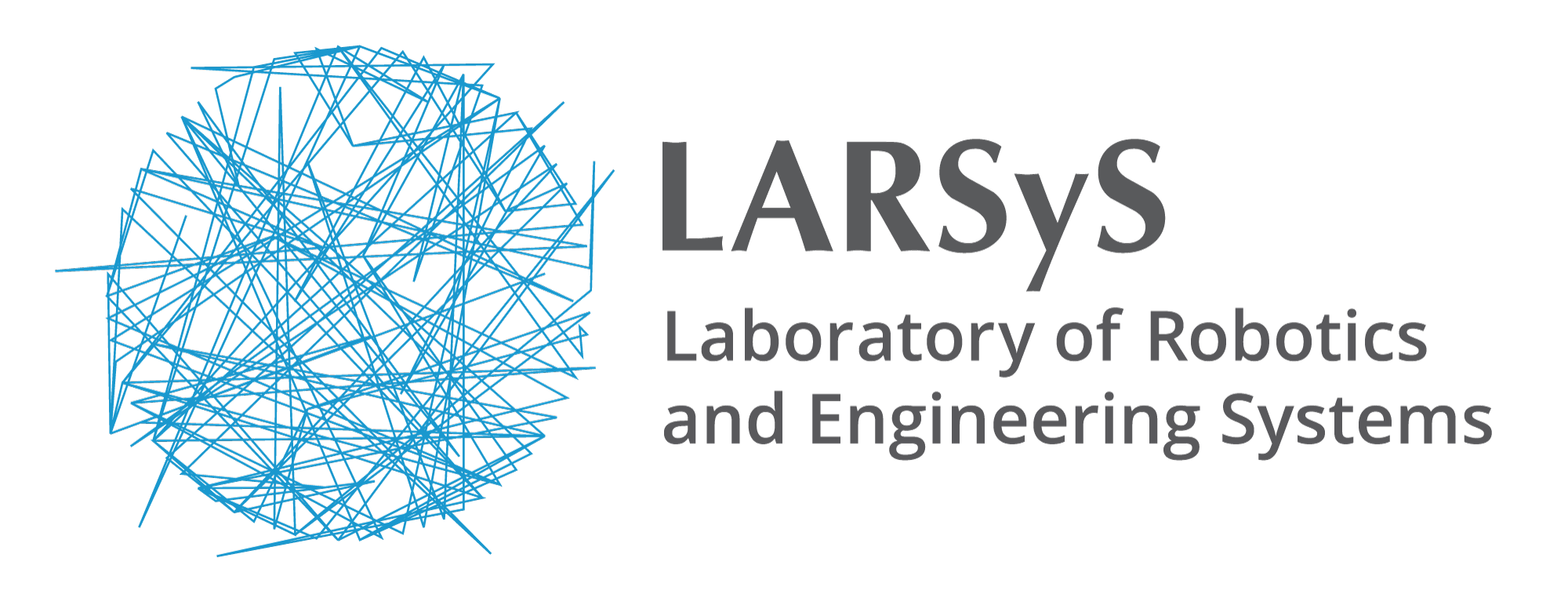LARSyS develops interdisciplinary research in Robotics and Engineering Systems, covering dynamical cyber-physical systems, human computer interaction and social-technical systems, as well as policy research dealing with uncertainty and risk governance. Our activities consider new horizons for knowledge with impact in ocean, urban, aeronautic and space, biomedical, and future working environments, as well as to stimulate new industry-science relations.
Our researchers work to secure new mineral, hydrocarbon, and offshore energy resources in a way to help maximizing deep-sea exploration and avoiding negative impacts on marine biodiversity and food resources. They facilitate the use of advanced robotics and modern sensing technologies at 3000 meters deep, together with the necessary risk-preventing mechanisms and a web-based Observatory for participatory risk governance in South Atlantic.
We work in urban systems aiming to develop the necessary knowledge base to support a reduction of 20% of the water supply and 50% of the energy associated to the supply and treatment of the water and wastewater in urban regions. Lisbon region and Madeira Island will be our case studies, but the tools and pilots developed will be able to be replicated elsewhere.
In addition, our research in aeronautic and space systems aims to help triplicating the amount of exports of engineering products and services from Portugal in the area of aeronautics and space in a time horizon of 2020. This is attempted by deepening the understanding of new technology and business dynamics along the full value chain in association with the installation of Embraer in Évora, as well as emerging challenges open to related industries in the area of engineering systems.
In the biomedical area, our researchers' process biological signals (EEG, ECG, FMRI) for improved medical diagnostics, will design new MEMS, improve imaging analysis and acoustic signals, as well as deepen the analysis of brain networks. They are targeted to design, build and foster a new generation of medical diagnostics and therapies. Emphasis will be given to disease diagnosis, brain-computer interfaces and assistive technologies, while employing bio-inspired approaches to build more efficient and robust robotic systems.
Regarding autonomous and cooperative robotic technologies (architecture, coordination, planning and actuation), we design, build and foster a new generation of systems and policies towards future working environments. Our target is to facilitate a new generation of systems that interact routinely with humans in different application contexts (including manufacturing, homes, hospitals and public spaces). This will be attempted through service robots and applications to office/manufacturing/domestic/agriculture, human-robot interaction, including symbiotic robotics and manipulation, as well as learning strategies and policies for the next generations.
To succeed in all the above-mentioned application fields, we continuously need to explore new frontiers of knowledge in themes associated with large-scale distributed decision. Our target is to enable new knowledge in network science to undertake core challenges such as distributed optimization and decision-making for large-scale dynamic networks, Big Data processing, and user communities' representation for pro-social behaviors and actuation upon them.
It should also be noted that LARSyS has been promoting a new paradigm of international academic and scientific cooperation that seems to emerge as a major shaping factor for development at an unprecedented level. It is well known that universities from developed countries are now operating internationally, addressing not only potential students individually (this was the traditional paradigm), but increasingly addressing foreign universities and research centers, local authorities and governments, in order to develop new types of institutional arrangements.
These include helping creating, monitoring or evaluating emerging institutions in other countries, transferring organizational skills, operating training programs for teachers and researchers, contributing to higher education and research capacity abroad and to the marketing of its benefits for economic and social progress in other societies. Such new arrangements may also include the coaching and steering of research programs in developing countries, their early inclusion in international networks, and the affiliation of private companies to academic and research programs.
At the level of advanced training, our initiatives include post-doctoral, doctoral and master level in the areas of Electrical and Computer Engineering, Computer Science, Human-Computer Interaction, Sustainable Energy Systems, Engineering and Public Policy and Technology Management Enterprise. LARSyS researchers coordinate many of these programs, at master and doctoral level, and have led a number of new initiatives at international level, including the MIT-Portugal, Carnegie Mellon and the IST-EPFL joint ventures.
At the level of technology transfer and commercialization LarSyS uses four main formal and informal mechanisms, as follows: i) advanced training of skilled human resources and their employment in advanced, technology-based companies, from small to large enterprises; ii) direct incubation of new technology based companies; iii) indirect incubation of new technology based companies, through networks of technology transfer Offices, in particular through UTEN ("University Technology Enterprise Network", with linkages in UT Austin, MIT and Carnegie Mellon Universities); and iv) through specific challenges and competitions to foster Knowledge transfer processes and the creation of new business ventures.
